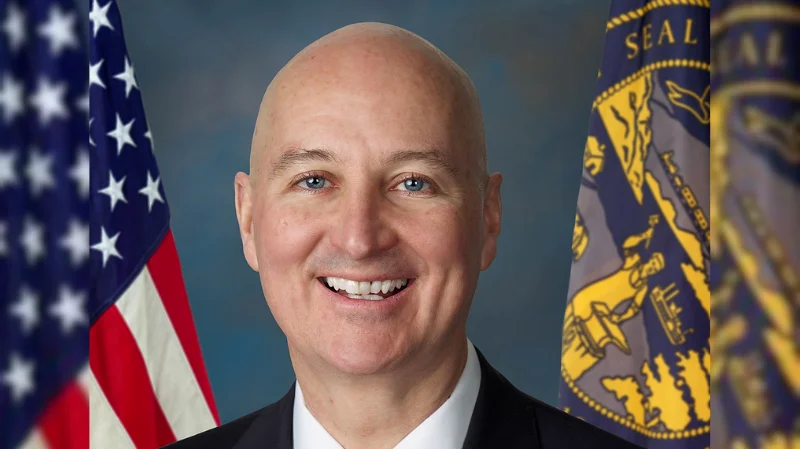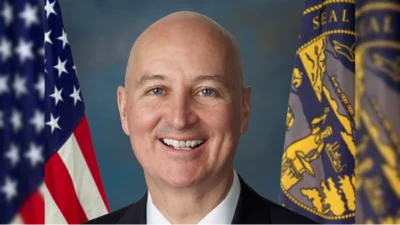Senator Pete Ricketts, US Senator for Nebraska | Sen. Pete Ricketts Official U.S. Senate headshot
Senator Pete Ricketts, US Senator for Nebraska | Sen. Pete Ricketts Official U.S. Senate headshot
Senator Pete Ricketts, representing Nebraska in the U.S. Senate, recently addressed several topics on his social media account, including law enforcement, foreign policy, and the ongoing government shutdown.
On October 8, 2025, Senator Ricketts commented on the recovery of a local police officer: "Great to see Officer Steven Murcek released from the hospital. I’m praying for his family and a fast recovery for this heroic officer."
Later that evening, he discussed developments in the Middle East and the status of hostages held by Hamas: "President Trump ran on restoring peace at home and abroad. As of tonight, the Middle East is approaching peace. Now, Hamas must release all the hostages without delay. It's been two long years these hostages have been held inhumanely by terrorists. It's past time they came home." This statement comes amid ongoing diplomatic efforts to secure the release of hostages and stabilize the region.
On October 9, 2025, Senator Ricketts addressed the federal government shutdown and its impact on healthcare services: "Schumer and his Senate Minority say their “fight” is about healthcare. That’s not the case. Because of this shutdown, veterans’ health services are impacted. Telehealth programs that rural and elderly Nebraskans rely on have lapsed. Those are the costs of this Schumer Shutdown." The senator's remarks refer to a government shutdown that has disrupted various public services, including those critical to veterans and rural populations.
Senator Ricketts' comments highlight ongoing concerns over public safety, international affairs involving hostage situations in the Middle East, and domestic policy debates surrounding government funding and healthcare access. His statements reflect broader national discussions about the effects of government shutdowns on essential services and ongoing tensions in global hotspots.


 Alerts Sign-up
Alerts Sign-up